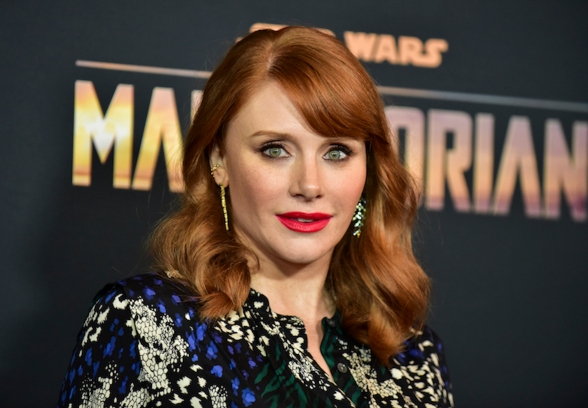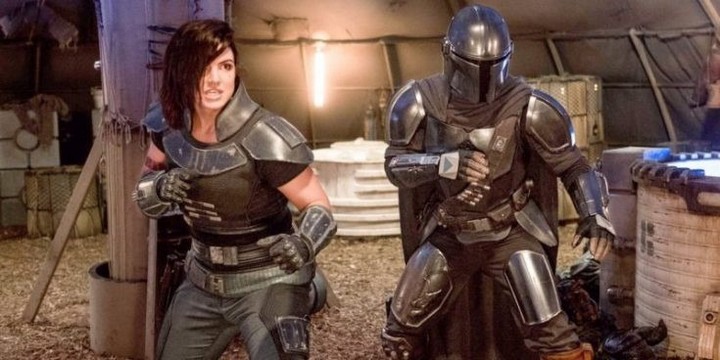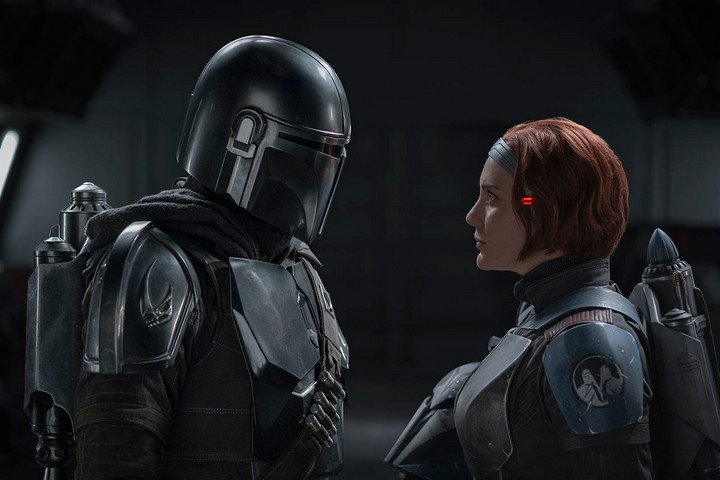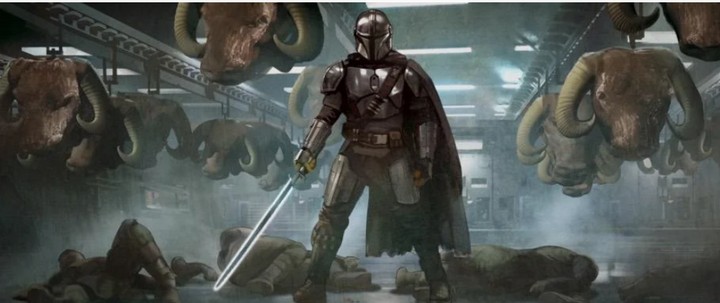If you aren’t familiar yet with the work of budding director Bryce Dallas Howard in the Star Wars mythos, it’s about time that you familiarize yourself with it. Following in the footsteps of her legendary director-father Ron Howard, Bryce has added directing to her already well-known acting resume. To say that she is doing well would be a complete understatement. Let’s take a look at what she’s done so far for the Star Wars Universe.
Her first crack at Star Wars was in Episode 4 of ‘The Mandalorian’ entitled ‘Sanctuary’. Here we see Mando (Pedro Pascal) combine forces with Cara Dune (Gina Carano) to save a small village from a group of raiders reinforced by the presence of an AT-ST (All Terrain Scout Transport). Of course, the AT-ST was modified by the raiders, but that still meant that Mando would have his hands full trying to save the village with this overpowering advantage. Here, Bryce was given the responsibility of introducing one of the best characters of the series in Cara Dune. At this point, ‘The Mandalorian’ was still growing its fandom as a space western. ‘Sanctuary’ did show Bryce Dallas Howard as more than capable of providing the background of Cara Dune, and adding to the already vast Star Wars bevy of characters.
With one episode under her belt, Bryce Dallas Howard proceeded with an even bigger episode in ‘The Mandalorian’. Episode 11 entitled, ‘The Heiress’ not only did she get to introduce Bo-Katan Kryze to her live action debut, bu she also gets to incorporate actress Katee Sackhoff into the Star Wars stable of actors. For those who aren’t familiar with Bo-Katan (seriously, why aren’t you?), she is the fan favorite animated characte that first appeared in ‘Star Wars: The Clone Wars’. As for Katee Sackhoff, people who are fans of the rebooted sci-fi series ‘Batllestar Galactica’ in the early 2000s will recognize that name. Katee is science fiction royalty now with Bo-Katan under her belt of acting roles aside from Starbuck from ‘Battlestar Galactica’. This was one of the best episodes of season two of ‘The Mandalorian’, and she has shown that she is very much capable of grander storytelling.
So, when ‘The Book of Boba Fett’ was announced over a year ago with Bryce Dallas Howard being identified as one of the directors for the series, I wasn’t surprised, and was expecting great things from her. She didn’t disappoint. ‘Return of the Mandalorian’ directed by Bryce Dallas Howard is the best episode in ‘The Book of Boba Fett’ to date. She masterfully incorporates elements of previous lore with newer elements which effectively draws in more people to this already massive Star Wars fandom. She truly is following the lead of forerunners Jon Favreau, and Dave Filioni. And what is that exactly? Geeking out with past lore to creat even geekier lore to the delight of many Star Wars fans.
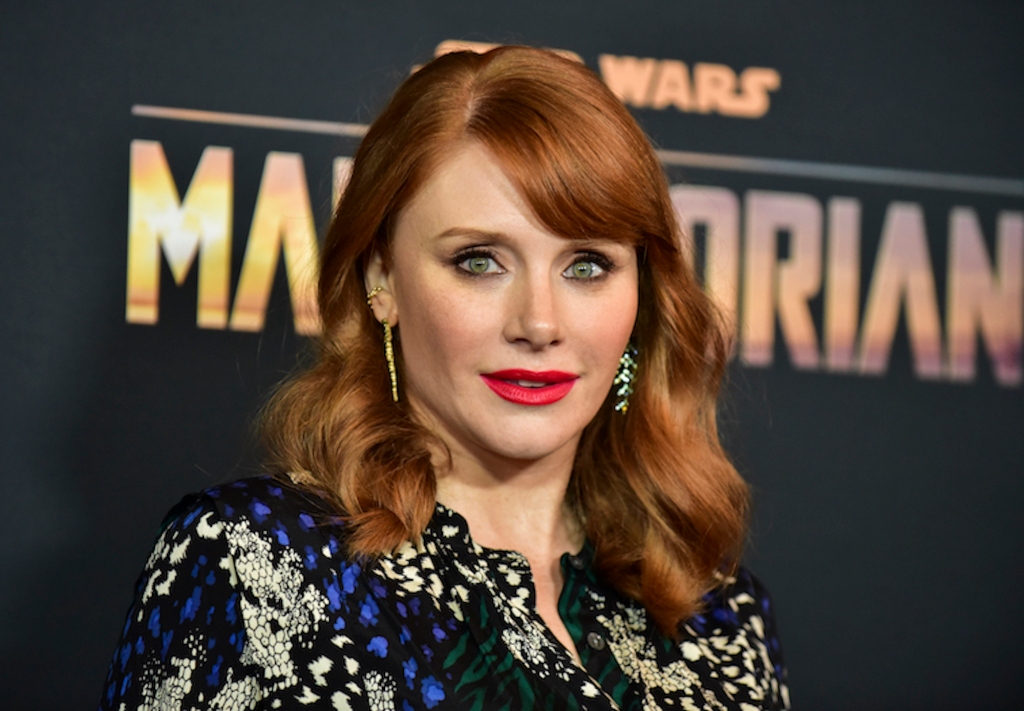
In her own little trilogy (see what I did there?), Bryce has shown that she understands fully what it takes to handle a Star Wars property. She didn’t have to throw away all that came before to create something new. She used the longtime lore as a foundation to build something truly great: stories that welcome fans of any generation with utmost respect of what came before.
There was a time when some creators would argue that you can’t please past and new fans of Star Wars. That it was time to move on from the old. Bryce Dallas Howard has followed in the footsteps of Favreau, and Filioni in disproving that assertion. You CAN create something new WITH the old. More power to you, Bryce. Here’s hoping you can create your own Star Wars movie or your own Star Wars series someday. This is they way.

